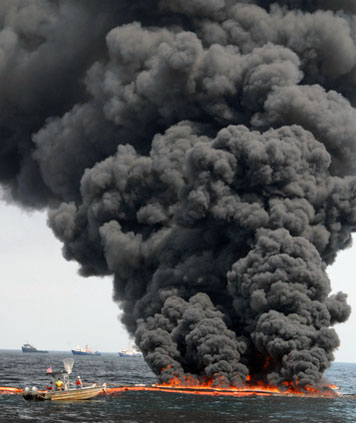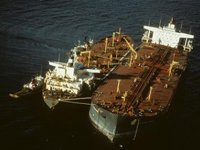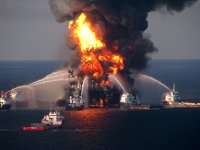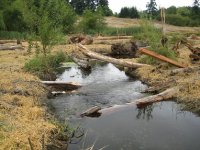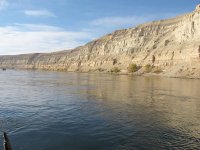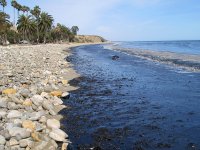How can a spill affect your community?
Oil spills can happen any place where oil is being extracted, transported, or stored. The magnitude of harm from a spill is determined by many factors, including the amount and type of oil, location, season, weather, and actions taken to clean up the spill. Some examples of common effects are:
- Injuries to animals: Animals can suffer due to internal exposure (by ingesting or inhaling oil) and external exposure. Since most oils float, the animals most affected by oil are often those that live on or near the sea surface or in shoreline habitats. Fish and shellfish can be harmed if oil gets mixed into the water column or sinks below the surface.
- Loss of habitat: Oil discharged into the environment can harm habitats such as wetlands and oyster reef. Habitat losses may alter migration patterns and disrupt life cycles of animals and result in erosion of shorelines.
- Impacts to local economies and recreation: Oil spills can result in closures of beaches, parks, waterways, and recreational and commercial fisheries. There may also be restrictions on hunting and boating. As a result, local economies may be severely impacted, both in the short and long term.

